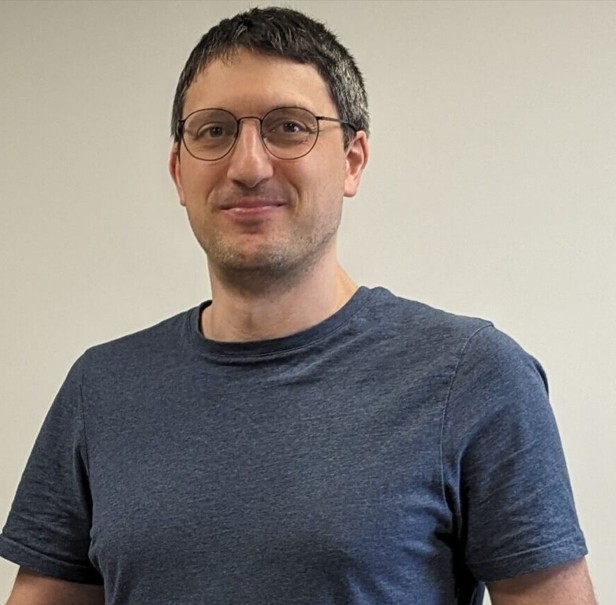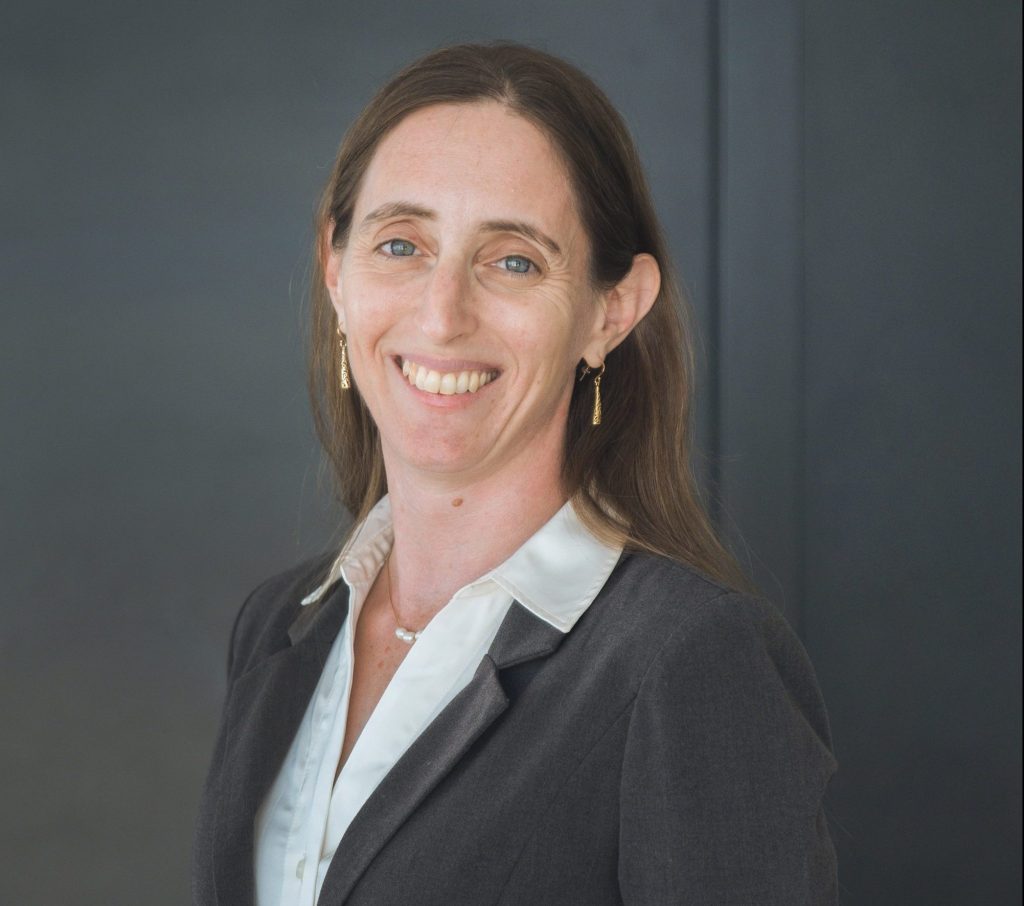Two Technion Researchers Win Prestigious European Research Council (ERC) Grants
Assistant Professors Efrat Shimron and Ariel Rapaport from the Technion have been awarded ERC Starting Grants for their groundbreaking research in MRI and fractal geometry
Two Technion faculty members have been awarded prestigious European Research Council (ERC) Starting Grants (STG), securing their place among Europe’s most promising early-career scientists. They are part of a select group of 478 researchers across Europe who together will receive a total of €761 million in funding. The highly competitive ERC Starting Grants support outstanding researchers at the beginning of their independent careers, enabling them to launch ambitious projects, establish research teams, and pursue innovative ideas in diverse fields ranging from cancer and mental health to quantum science.

Assistant Professor Ariel Rapaport from the Faculty of Mathematics received a €1.5 million grant for his research in fractal geometry, a field that studies mathematical objects with self-similarity. In his ERC project, Prof. Rapaport focuses on the dimension theory of stationary fractal measures. The dimension of such a measure has a natural upper bound, and equality to this upper bound is expected if there are no algebraic obstructions. However, proving the expected equality under the minimal conjectured assumptions, or even under some mild algebraic conditions, is an extremely challenging problem. The primary goal of the proposed research is to make substantial progress in verifying the equality, thereby forming a more unified and complete dimension theory of stationary fractal measures.

Assistant Professor Efrat Shimron from the Andrew and Erna Viterbi Faculty of Electrical & Computer Engineering, the Faculty of Biomedical Engineering, and the May-Blum-Dahl Technion Human MRI Research Center received a €1.8 million grant for her research in magnetic resonance imaging (MRI). Her ERC project focuses on developing a new generation of MRI devices that are compact, portable, and significantly more affordable than standard MRI systems, and hence suitable for wider clinical use. These new devices, which operate at very low magnetic fields, currently face major challenges, including long scan durations and reduced image quality. To overcome these limitations, Prof. Shimron’s team will develop an AI-based framework for rapid discovery of new technological low-field MRI methods. Those will substantially improve scan speed and image quality, thereby contributing to making advanced MRI exams more available for the broader population.
Researchers of 51 nationalities will carry out their projects at institutions in 25 countries, ten are hosted in Israel. This year’s competition attracted 3,928 proposals, with just over 12% funded. Notably, 42% of the winners are women. Each Starting Grant provides up to €1.5 million over five years, with possible additional funds for relocation, equipment, or major experimental needs.



